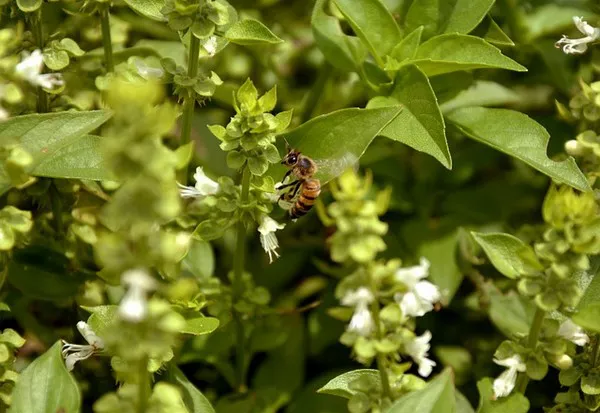Maintaining a thriving garden requires more than just a green thumb; it necessitates a proactive approach to pest management. Bugs, both common and insidious, can wreak havoc on plants, undermining the hard work and dedication put into cultivating a lush, vibrant garden. In this comprehensive guide, we will explore a range of professional strategies to keep bugs off plants, ensuring a healthy and flourishing garden for all plant enthusiasts.
1. Cultivate Healthy Soil
The foundation of a bug-resistant garden begins with healthy soil. Rich, well-draining soil not only provides essential nutrients for plants but also creates an environment that encourages robust growth, making plants more resilient to pests. Regularly amend the soil with organic matter, such as compost, to promote microbial activity and enhance soil structure.
2. Choose Resistant Plant Varieties
Selecting plant varieties known for their resistance to specific pests is a smart strategy. Many nurseries and garden centers provide information on pest-resistant plants. When planning your garden, opt for varieties that naturally deter common pests, reducing the need for chemical interventions.
3. Implement Crop Rotation
Crop rotation is an age-old practice that helps break the life cycles of pests and diseases. By changing the location of crops each season, pests that overwinter in the soil or have specific host plant preferences are less likely to become established. This simple but effective technique can significantly reduce the risk of bug infestations.
4. Practice Companion Planting
Companion planting involves strategically placing plants together to enhance growth, repel pests, or attract beneficial insects. For example, planting marigolds can deter nematodes, while aromatic herbs like basil and rosemary can help repel mosquitoes and other insect pests. Thoughtful companion planting can create a natural barrier against bugs.
5 Regular Monitoring and Inspection
Regularly inspecting your plants is crucial for early detection of potential bug infestations. Be vigilant for signs of damage, such as chewed leaves, wilting, or discoloration. Early intervention is key to preventing pests from establishing a foothold in your garden. Handpick any visible pests and remove them promptly.
6. Watering Techniques Matter
Proper watering practices can also contribute to pest prevention. Watering in the morning allows the foliage to dry throughout the day, reducing the likelihood of fungal diseases and deterring certain pests. Additionally, watering at the base of plants instead of overhead minimizes moisture on leaves, making the environment less favorable for bugs.
7. Natural Predators and Beneficial Insects
Harness the power of nature by encouraging natural predators and beneficial insects in your garden. Ladybugs, lacewings, and predatory beetles are voracious consumers of common garden pests. Planting nectar-rich flowers can attract these beneficial insects, creating a balanced ecosystem that keeps bug populations in check.
8. Neem Oil and Horticultural Soaps
For a gentle yet effective approach to bug control, consider using neem oil or horticultural soaps. Neem oil, derived from the neem tree, disrupts the life cycle of pests and acts as a repellent. Horticultural soaps work by suffocating soft-bodied insects like aphids and mites. Both options are environmentally friendly and pose minimal risk to beneficial insects.
See Also How To Get Rid Of Bugs On Indoor Plants? A Comprehensive Guide
9. Diatomaceous Earth as a Physical Barrier
Diatomaceous earth, a fine powder made from fossilized diatoms, acts as a natural insecticide. When sprinkled around plants, it creates a physical barrier that damages the exoskeletons of insects, leading to their demise. This non-toxic method is particularly effective against crawling pests and can be reapplied after rainfall.
10. Consider Biological Controls
In some cases, introducing specific predators or parasites can provide long-term bug control. For example, releasing predatory nematodes can target soil-dwelling pests, while introducing parasitic wasps can help manage caterpillar populations. Biological controls offer a sustainable and targeted solution to pest problems.
Conclusion
Maintaining a bug-free garden requires a multifaceted and proactive approach. By cultivating healthy soil, choosing resistant plant varieties, implementing crop rotation, and practicing companion planting, you create a resilient environment that naturally repels pests. Regular monitoring, proper watering, and the promotion of beneficial insects further contribute to a thriving garden.
For those situations that demand intervention, natural solutions such as neem oil, horticultural soaps, and diatomaceous earth offer effective and eco-friendly alternatives to chemical pesticides. Ultimately, by adopting a holistic and sustainable approach to pest management, you can enjoy a beautiful, healthy garden that stands up against the challenges presented by bugs.


